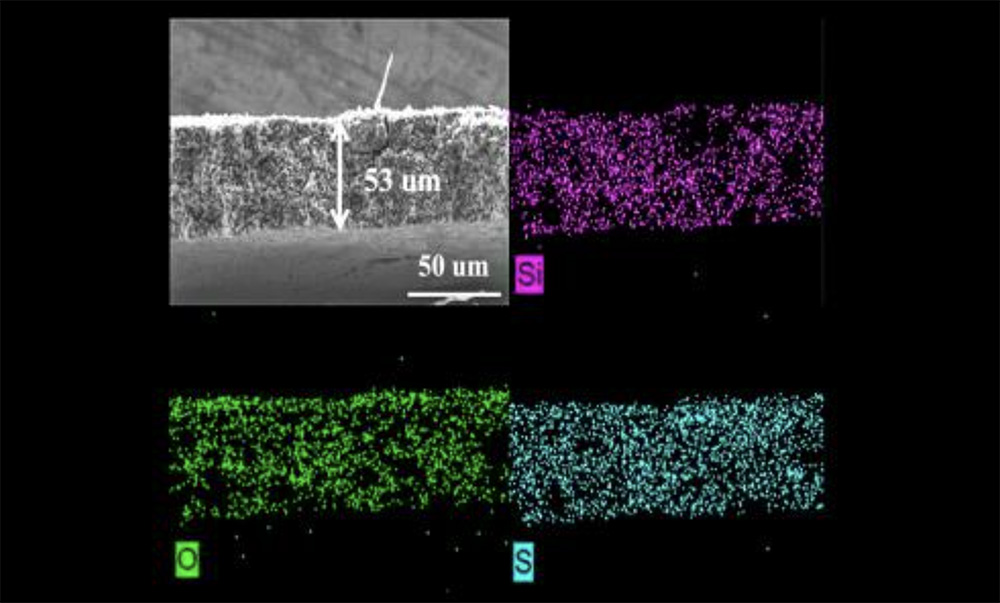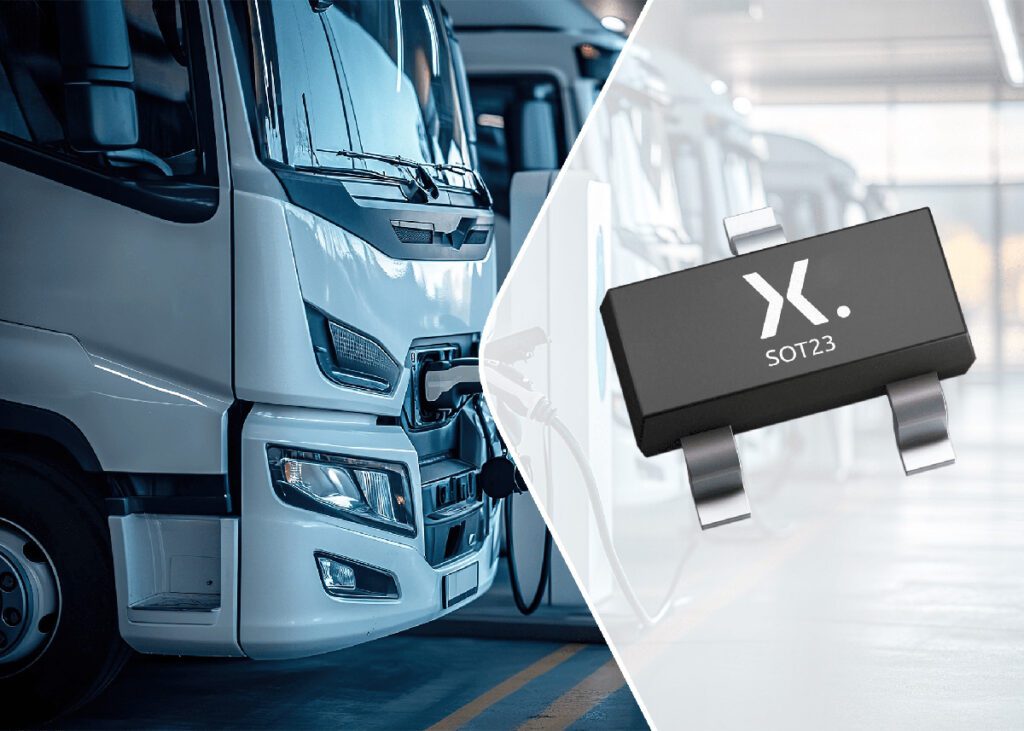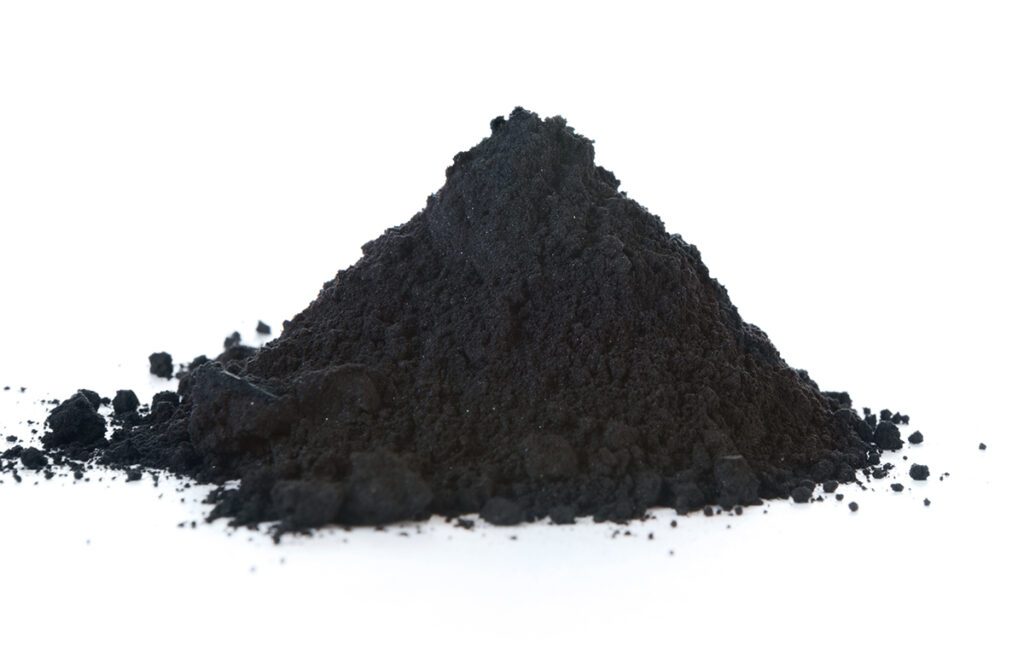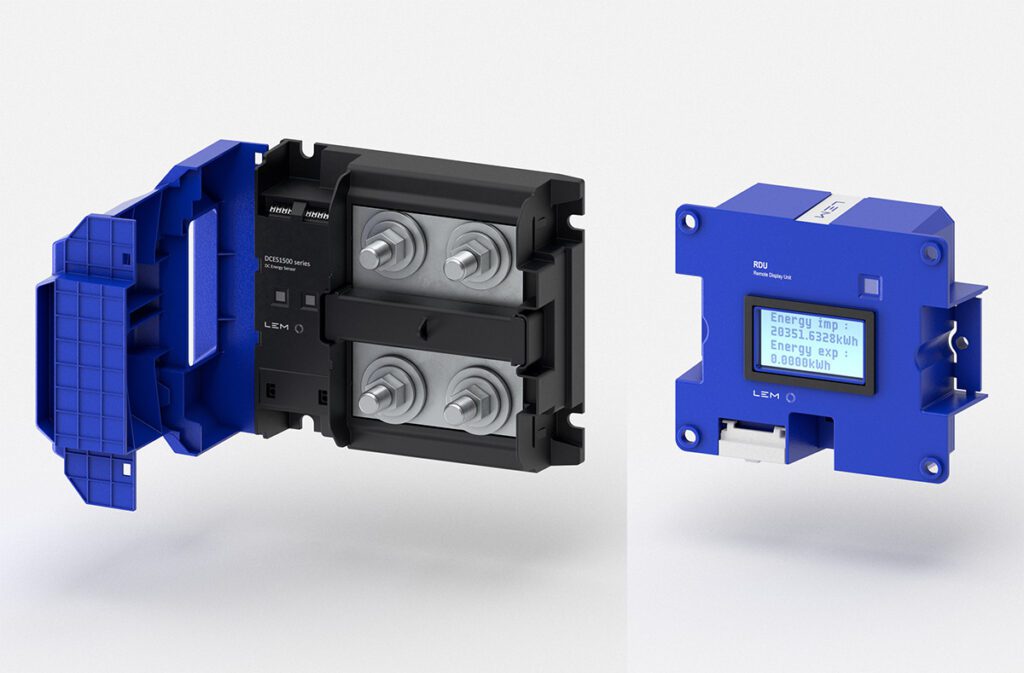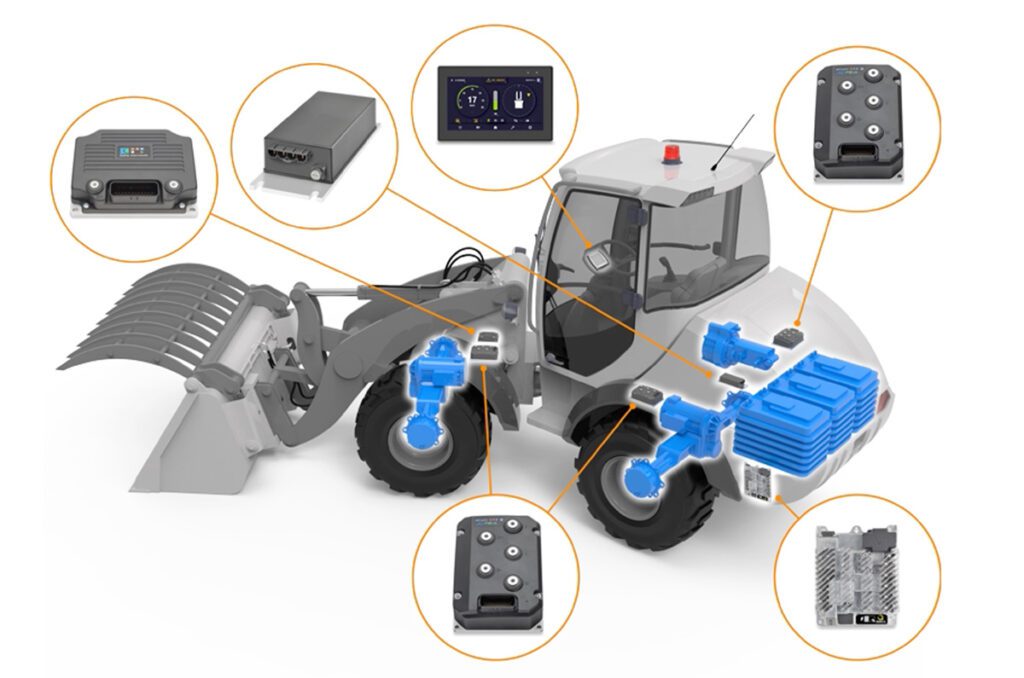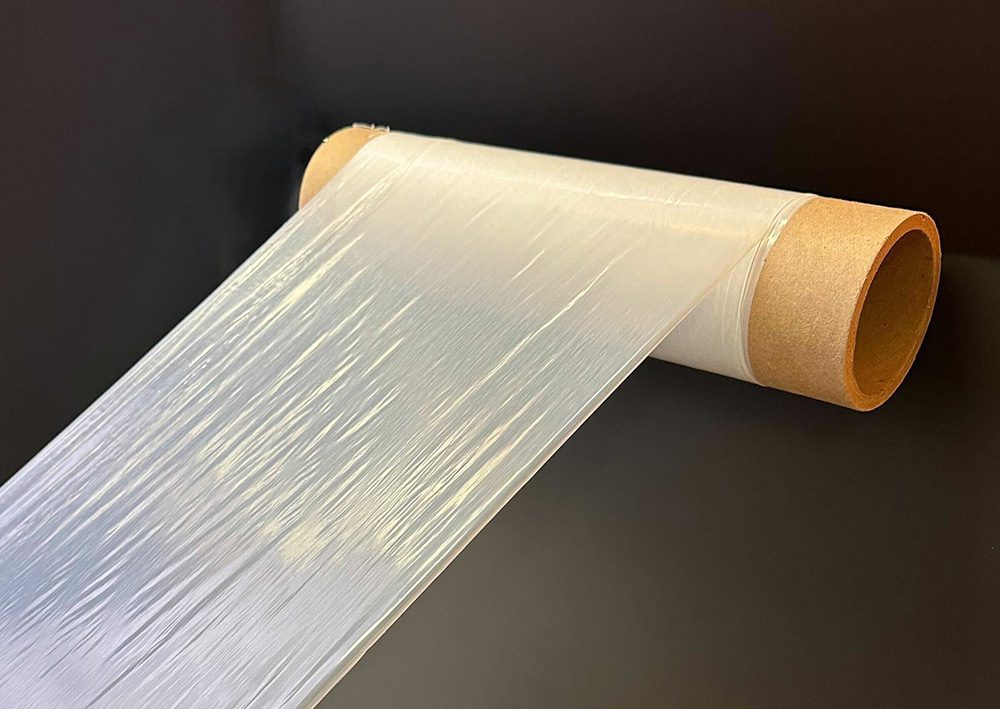Scientists at the DOE’s Argonne National Laboratory are researching solutions to the drawbacks of lithium-ion batteries by testing alternate materials such as sulfur.
Sulfur, says Argonne, is highly cost-effective, and lithium-sulfur batteries can hold more energy than ion-based ones. In a recent study, researchers created a layer in the battery that increases energy storage capacity while nearly eliminating the issue known as shuttling: polysulfides dissolving in the electrolyte and causing corrosion that reduces both the number of recharging cycles and battery life.
Previous attempts to solve this problem with a “redox-inactive” interlayer between the cathode and anode added weight and proved inadequate. But after adding a porous, sulfur-containing “redox-active” interlayer, tests showed an initial cell capacity about three times higher than with an inactive layer, and the ability to maintain high capacity over 700 charge-discharge cycles.
Source: Argonne National Laboratory







